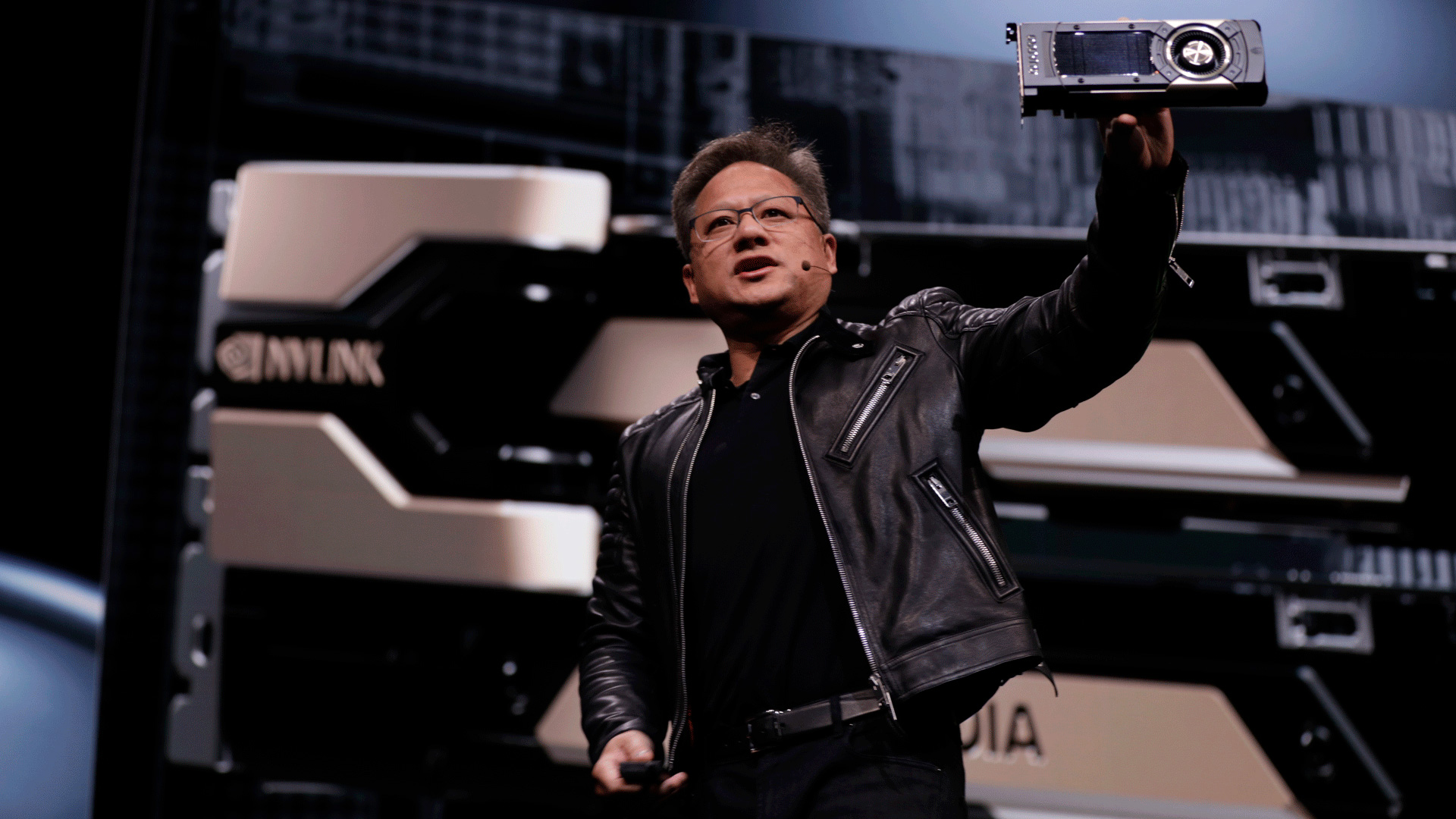
Nvidia's penchant for redesigning its GPUs to get around US export restrictions has seemingly been directly called out by the US Commerce Secretary, with a warning that when such redesigns are created "I'm going to control it the very next day."
Since 2022, US chip sanctions have continued to make life somewhat difficult for manufacturers looking to export their products to certain countries, chief among them on the list being China. However, that hasn't stopped Nvidia from attempting to work its way around the export bans by releasing products that circumvent the current restrictions, introducing slightly redesigned models produced exclusively for the Chinese market.
It's been an entertaining power play, but US Commerce Secretary Gina Raimondo appears to have had her fill of the one up-manship. According to Fortune (Via Videocardz), she made some particularly pointed comments on the subject during the Reagan National Defence Forum in California on Saturday.
"We cannot let China get these chips, period" she said. "We're going to deny them our most cutting edge technology."
And then more pointedly: "If you redesign a chip around a particular cut line that enables them to do AI, I'm going to control it the very next day"
Given Nvidia GPUs and its associated Tensor cores are particularly efficient at working with AI, it's no surprise the change in language here is becoming more direct and the comments more pointed. Nvidia in particular has been quick to redesign its products to beat the sanctions, including what appears to be a hamstrung RTX 4090 designed to get past the restriction on total processing performance (TTP) and performance density (TD), the two metrics currently used to judge whether a consumer GPU can be exported to restricted markets.

Best CPU for gaming: The top chips from Intel and AMD.
Best gaming motherboard: The right boards.
Best graphics card: Your perfect pixel-pusher awaits.
Best SSD for gaming: Get into the game ahead of the rest.
Of course, it's not just China that chipmakers are currently restricted from exporting to, but it appears clear from these comments that stopping the supply here is the focus for the US Department of Commerce. However, China represents a gigantic market for any chipmaker, and it's no surprise that a game of whack-a-mole would begin between those who make the restrictions and those who seek to make a profit.
It wasn't long ago that it was reported that Chinese companies are buying up US chipmaking equipment to make advanced semiconductors of their own, so it seems that one way or the other China will eventually be able to supply itself with powerful hardware capable of handling heavy AI workloads regardless.
In the meantime, the game continues. The discourse is starting to hot up, and we'll be interested to see what the next moves will be from either side.







